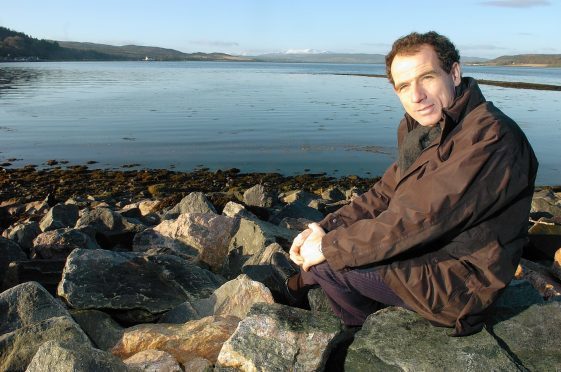The latest stage of what could prove the most radical shake-up in land ownership in Scottish history has begun with the creation of 20 jobs in Inverness.
The recently-formed Scottish Land Commission has based itself in the Longman area of the city.
Its brief is to steer the Scottish Government’s priorities for land reform.
Six commissioners began their new roles yesterday, (MON) with the body to have an annual budget of £1.4million.
A recruitment campaign for the other jobs – including a chief executive with a salary of up to £69,380 – is in its closing stages.
Separate policy and research roles, for tenant farming and land, are each paying pro rata salaries of up to £55,275.
The commission is arranging public consultations to raise awareness of its work.
Commission chairman Andrew Thin said: “We’re keen to get out and talk to everyone with an interest. It’s about making Scotland’s land more productive for everybody to benefit everyone who lives here.
“I hope that in 10 years’ time the land on which they live is really delivering for them.”
Asked about his priorities, he said: “To really understand where land is under-performing.
“Land reform has lots of historical baggage. It’s not necessarily about big estates and big landlords. It’s just as much about small pockets of land on the fringes of our cities that are not being used.
“We’ve got derelict land in the middle of Aberdeen, Edinburgh and Glasgow – which is crazy.”
Green MSP Andy Wightman, a veteran writer and campaigner on land ownership issues, welcomed the new body.
“A key benefit of having a commission is that it can keep the topic in focus and has the capacity to do research and analysis and build awareness on matters that often get lost in the day-to-day of government,” he said.
Scottish Tenant Farmers Association chairman Christopher Nicholson welcomed the move as “one of the most important steps in Scotland’s journey to reforming and developing landownership, land tenure and land use.”
Land Reform Secretary Roseanna Cunningham said the new body would help ensure rural and urban communities were “enabled to make the most of their potential.”
